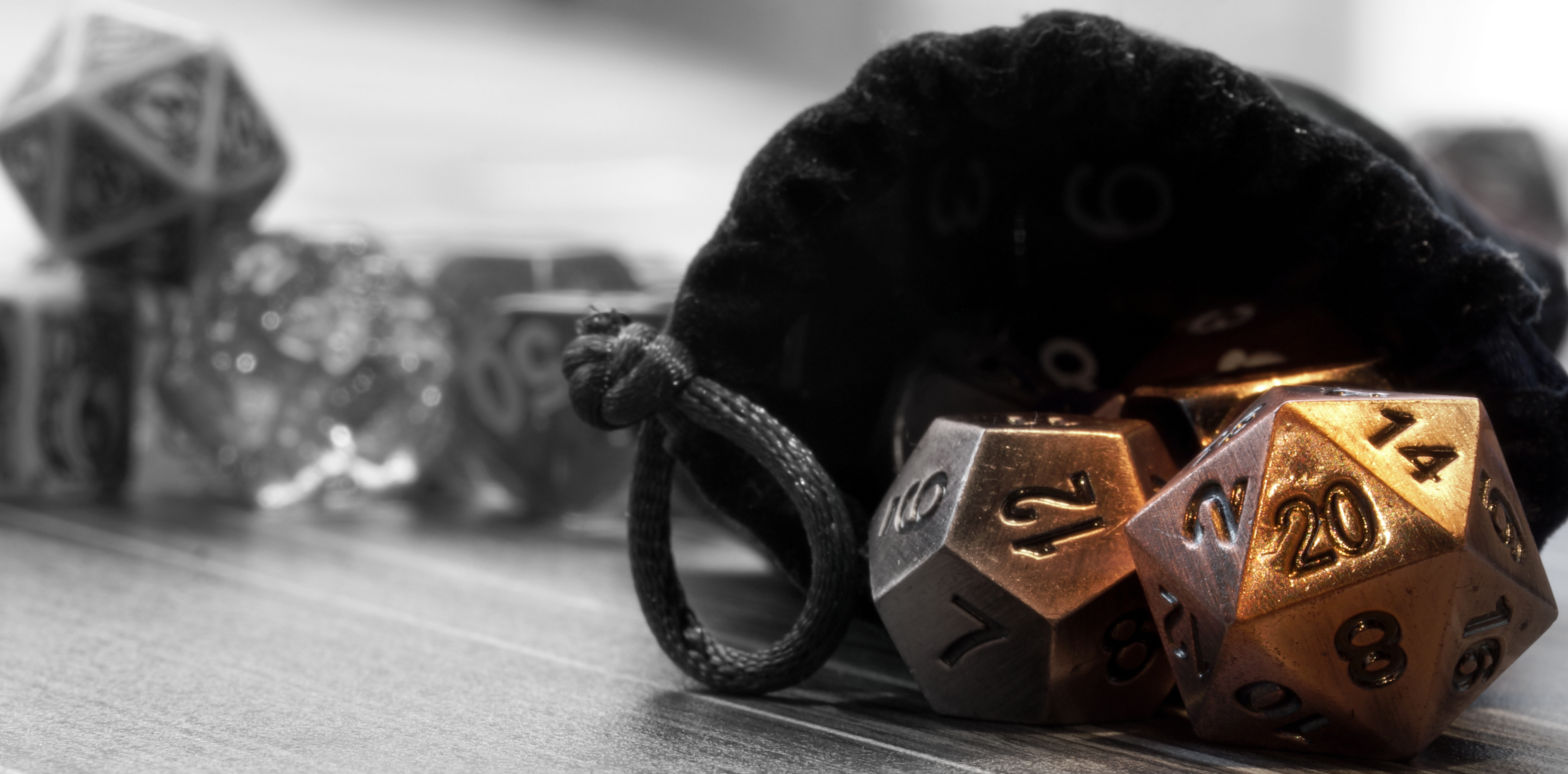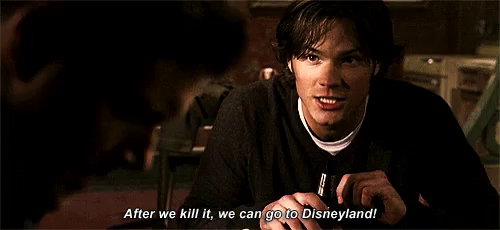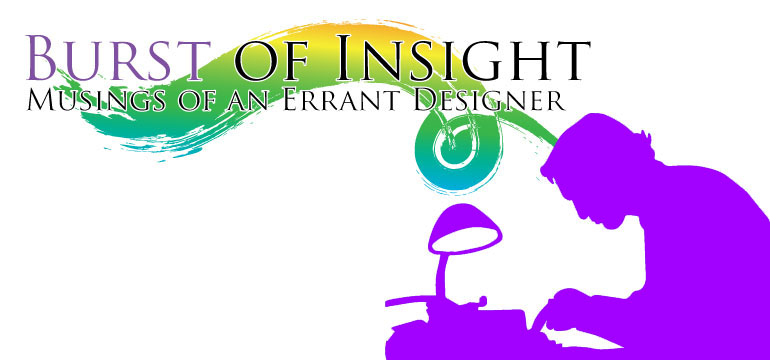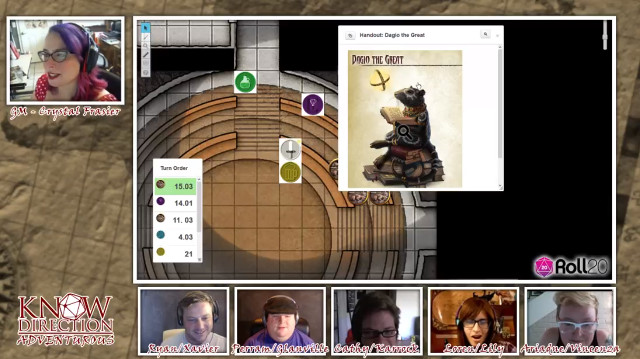Welcome back to Burst of Insight, lately, I’ve been talking about running blockbuster games but this week I’d like to shift gears and talk about some of the games I’m currently apart of (or have been in relatively recently) and what even after decades of gaming I’m still learning about engagement. Most specifically this week, I’m interested in player engagement and how to manage it. Engagement has been on my mind a lot recently. Partly because it’s a buzzword with calculable metrics I’m in charge of at my day job, but mostly because it has affected games I’ve run and been a part of since I began gaming in the early eighties all the way through today. Especially, in the last eighteen months or so.
So what do I mean by “Engagement”? When I say engagement I mean how invested your players are. How committed their involvement is and how much they enjoy playing your campaign. An engaged player isn’t playing games on their phone, checking social media, or reading books. They are focused on the game and having a good time playing it.
Last year, our Sunday group wrapped the Carrion Crown AP prematurely. It was a tough call but the game had ceased being fun for most of the players. For varying reasons many of us had lost our investment in the story and weren’t engaged with the plot. After one player left the campaign we had a long, awkward, and somewhat painful conversation between the remaining players and GM. Eventually, we conceded that it was better to shelve the game than to hemorrhage more players.
How did we get to that point? First, most of the players came to the game with the wrong expectations and we made our characters with those expectations in mind. To a player, we made hard-nosed monster hunters that would have been better suited to a Supernatural campaign or a Hunter’s Hunted Chronicle in the old World of Darkness. Our party motto could easily have been, “we kill all the monsters (and sometimes even humans). Zero mercy!” Then we compounded this problem with the fact none of us felt at all attached to either Ustalav or 90% of the NPCs. Some of our interactions with the locals turned downright ugly. The lone exception (I can recall) to that was the professor’s daughter who we met right away in book one and began dating one of the PCs.
Most of Paizo’s adventure paths by their very nature railroad the PCs along a particular storyline. This isn’t normally a problem but in this case, we reflexively fought the rails in this AP almost from the jump. Once we solved book one we had no real reason to stick with the relative strangers we met at the professor’s funeral (the other PCs) or remain in Ustalav at all, except that’s what the books said we did. Most of us didn’t care about the locals (they were assholes) or our connections to one another (we all used to know a guy who was dead now, so yeah.) it wasn’t until our very last session as a full group did we get an idea of the larger threat in the campaign and by then it was far too late to save the game.
During our post-mortem discussion of the campaign, some important things came to light. One, we’d broken the player-GM dynamic worse than some of us, I think, realized. We were all much more adversarial than our typical campaigns as the GM fought to keep us on course and we fought to kill every monster with fire and nuke the nation of Ustalav from orbit because it was the only way to be sure. During play, our cleric of Pharasma lost some of her spellcasting for her part in killing a scientist who was arguably interfering with the passage of souls to the Lady of Graves and the path to atonement was left vague. The GM was prepared to fridge the professor’s daughter because she’d become romantically involved a PC and we were pissing off bad-guys and not-bad-guys alike. The most shocking revelation to come from our post-mortem was that our traditionally least engaged player was the one most attached to the campaign, especially, when she found out someone was going to kill her character’s in-game girlfriend.
From our discussions, I think if we’d been managed our expectations better and not made a party of merciless hunters and actually had a session zero where we could have tied our backgrounds not only to the professor but also to one another we might have had a better chance to weather the turns the AP eventually took. I cannot emphasize enough how important it is to talk to your players especially if you notice one or more of your players’ attentions are waning. This goes double for players who grow bored or frustrated with a campaign talk to your GM, they may not realize they are losing you as a player.
As GMs, we need to actually listen to our disengaged players when we discuss what’s happening with a campaign. Most of the time these are our friends and they may not want to talk openly about what they think is wrong for fear of hurting our feelings. Conversely, we cant take it personally if they have complaints about the game. It doesn’t mean you’re a bad GM or they dislike you if they criticize. Try not to get defensive and work to find a solution. Sometimes, the issue isn’t even you. Often we’re carrying a ton of baggage from other parts of life to the game table and so are your players. Check in with them and if it’s something beyond the scope of the game your player may have to work it out on their own, but even then, your friends will likely appreciate that you noticed.
With that Carrion Crown concluded, I began to run what was supposed to be a short filler Numenera campaign. I started with things I learned during the post-mortem about what everyone wanted from a game. Over a year later and it’s become one of our strongest campaigns ever, but not one without its own engagement difficulties. So far as a group we’ve learned quite a bit and we’ve tried to proactively discuss when our engagement with the campaign slips. Six months into the campaign a player approached me and after we discussed her issues with the game we discovered the easiest fix was to fill in more of her background’s details including a husband she rarely sees and a cult-like religion dedicated to reaching the stars. Even as recent as a couple of weeks ago I reached out to a player who’s interest I could actively see waning. We met for lunch and discussed the game and I think we’ve had some solutions that begin to put us back on the right course for him.









Great Article
Thanks! I’m glad you enjoyed it.